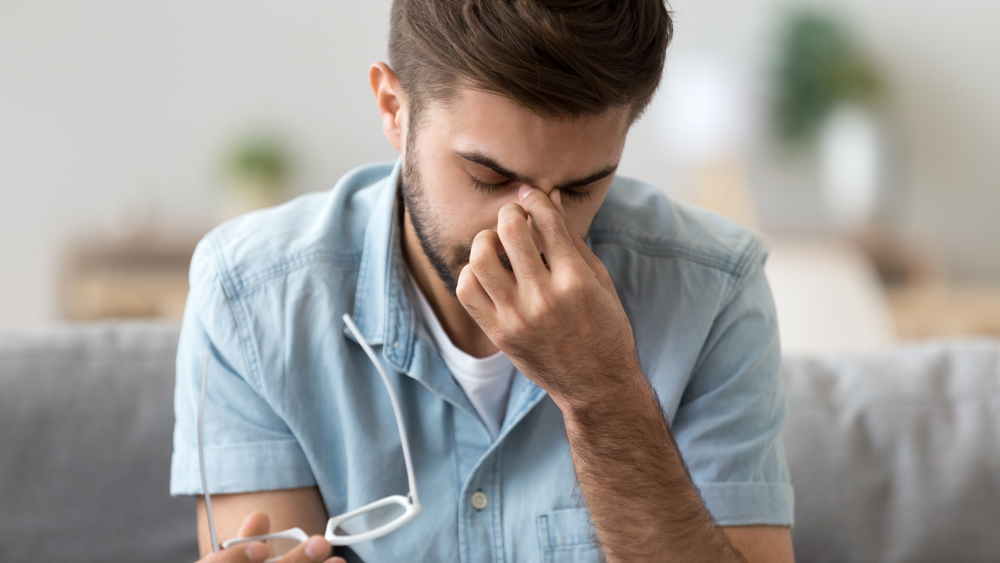
Most people understand that sleep is ideal for their overall health. What many people do not realize is that there is a relationship between sleep and eye health. Studies have shown that poor eye health, especially having dry eye conditions, can have a relationship with poor sleep.
Sleep quality and eye health have a relationship, with common eye-affecting habits getting in the way of getting quality sleep. Poor quality sleep can also increase the risk of developing eye problems. It is vital to understand the relationship between sleep and eye health.
Sleep and Visual Function
Getting a good night’s sleep will help enhance your eye health and improve visual functioning. On the other hand, there are healthy eye habits that will help ensure that you get a good night’s sleep.
Eye issues can be painful or uncomfortable, which can cause you to keep waking up at night. Eye discomfort will impede your ability to sleep, and this means that the eyes do not get the chance to rest. Poor quality sleep will affect visual function.
Sleep Deprivation and Eye Health
Extended sleep deprivation can lead to many problems, ranging from high blood pressure to a weakened immune system. Lack of sleep can also harm the eyes. The eyes need a minimum of five hours of sleep every night to function optimally.
Failing to get enough sleep will lead to symptoms such as twitchy eyelids, eye strain, and dry eye. Fortunately, the solution is simple, and it is all about getting quality sleep.
Maintaining a Healthy Diet
Eating a nutrition-rich diet is an important part of enhancing your eye health. A diet rich in leafy greens and other vegetables is great for your eye health. Your diet can help protect you from developing dry eye and other degenerative eye diseases.
Dry eyes can lead to low-quality sleep. A nutritious diet promotes optimum eye health and helps you avoid sleepless nights due to eye discomfort.
Sleeping With Contact Lenses
If you wear contact lenses, it is vital to remove them before going to bed. Sleeping with your contacts can harm the eyes. The lenses reduce oxygen flow to your eyes, leading to eye infections and dry eyes.
The eyes get replenished as you sleep by taking in oxygen. When the oxygen flow decreases, it can cause eye fatigue, irritation, and dryness, resulting in poor quality sleep.
Using Digital Devices at Night
Using your phone or other digital devices just before you sleep will affect the quality of your sleep. Many people often scroll through their phones after they get into bed. Using the phone at night exposes them to blue light before they fall asleep. Blue light can lead to digital eyestrain.
Overexposure to blue light can affect your melatonin production and internal body clock or circadian rhythm. Failing to get adequate sleep will prevent the eyes from getting their required rest.
A healthy lifestyle that includes exercise and a healthy diet will help you enjoy good quality sleep. The best way to ensure that you keep your eyes healthy is by prioritizing eye exams.
For more on the relationship between sleep and eye health, visit TMS Eyecare at our offices in Wichita or Arkansas City, Kansas. You can call (620) 442-2577, (316) 686-7212, or (316) 669-4760 today to schedule an appointment.




